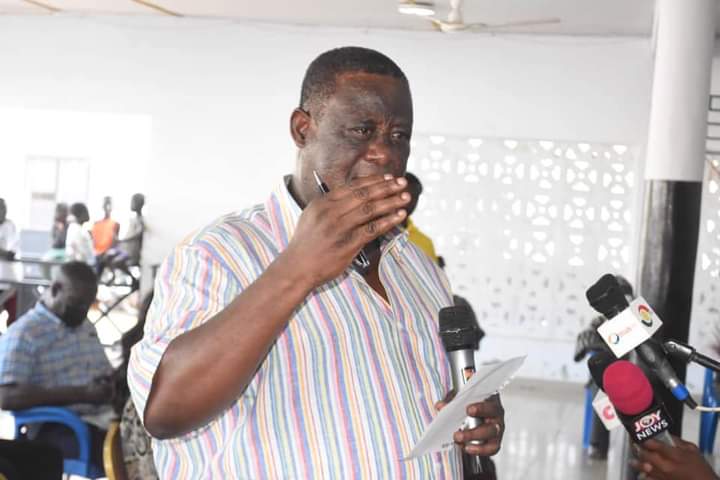The Minister of Roads and Highways, Kwasi Amoako-Attah, has publicly spoken out about rampant corruption and malfeasance within his own ministry. The Minister’s candid remarks were made during a recent press conference, where he expressed his frustration and anger over the pervasive issue of corruption that seems to have taken root within the Ministry of Roads and Highways.
Minister Amoako-Attah did not mince words, stating, “There are a lot of corrupt people and thieves within my Ministry.” His remarks have sent shockwaves through the country, as it is unusual for a government official to openly acknowledge such issues within their own ranks. The Minister’s frustration was palpable as he continued, “It’s disheartening to see that when we remove individuals implicated in corruption and replace them, the newcomers often prove to be even worse than their predecessors.”
Corruption has long been a pressing concern in many government institutions globally, and Ghana is no exception. The admission of such issues from a high-ranking government official highlights the need for immediate attention and reform. The Ministry of Roads and Highways plays a pivotal role in the development and maintenance of the country’s infrastructure, making any corruption within the ministry especially detrimental to the nation’s progress.
While the Minister’s remarks have garnered attention, they also raise questions about the government’s response to these allegations. Will this public acknowledgment lead to a comprehensive investigation into the allegations of corruption? What steps will the government take to address this issue and restore public trust in the Ministry of Roads and Highways?
Experts and citizens alike are calling for transparency, accountability, and concrete actions to be taken in response to the Minister’s revelations. It is crucial for the government to demonstrate its commitment to combating corruption at all levels, especially within its own ministries. Failure to do so could lead to further erosion of public trust, hinder developmental projects, and impede progress in the country.
Corruption not only siphons public funds away from vital projects but also undermines the effectiveness of governance and damages the reputation of the government. The Minister’s bold stance in publicly acknowledging the problem could mark a turning point in Ghana’s battle against corruption, signaling a renewed determination to tackle this issue head-on.







